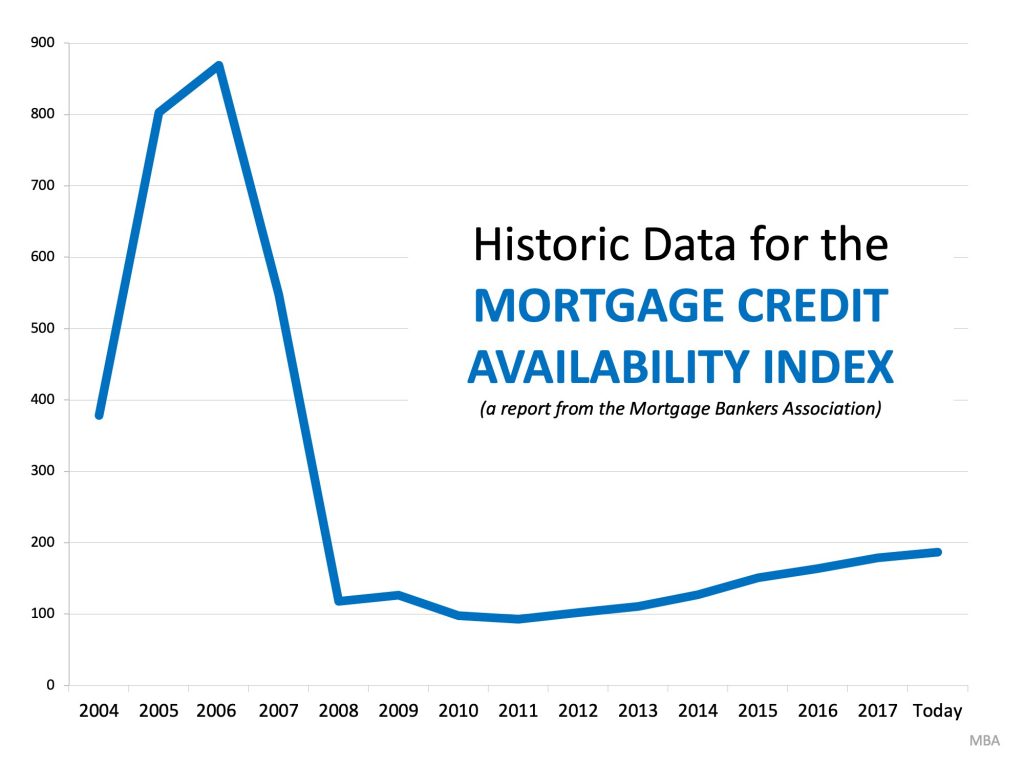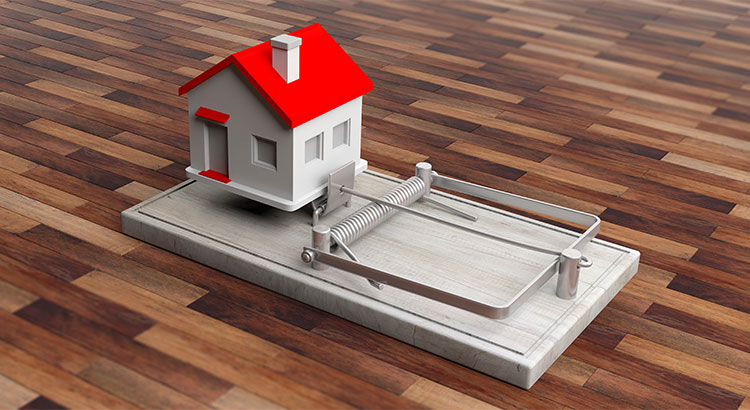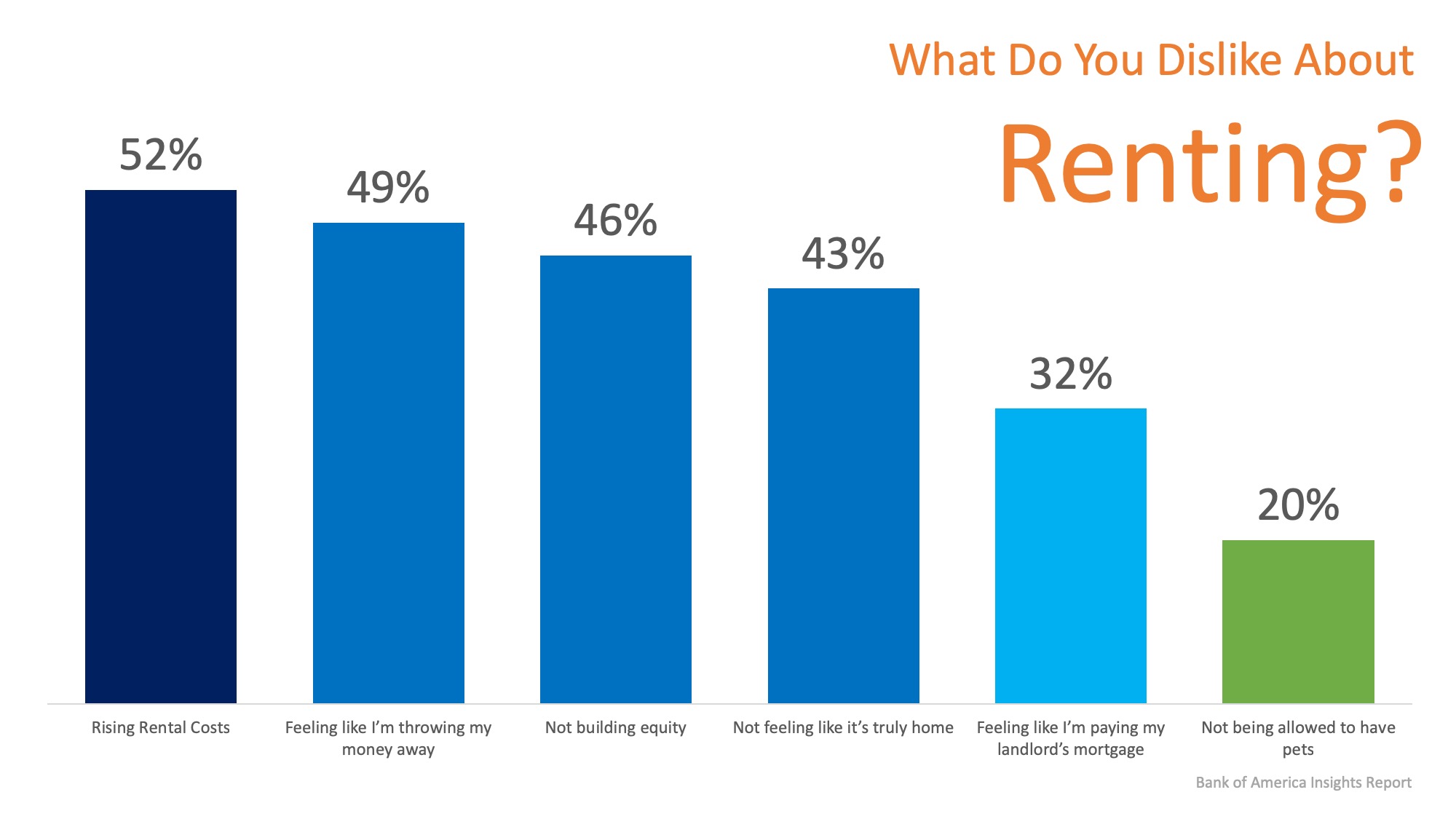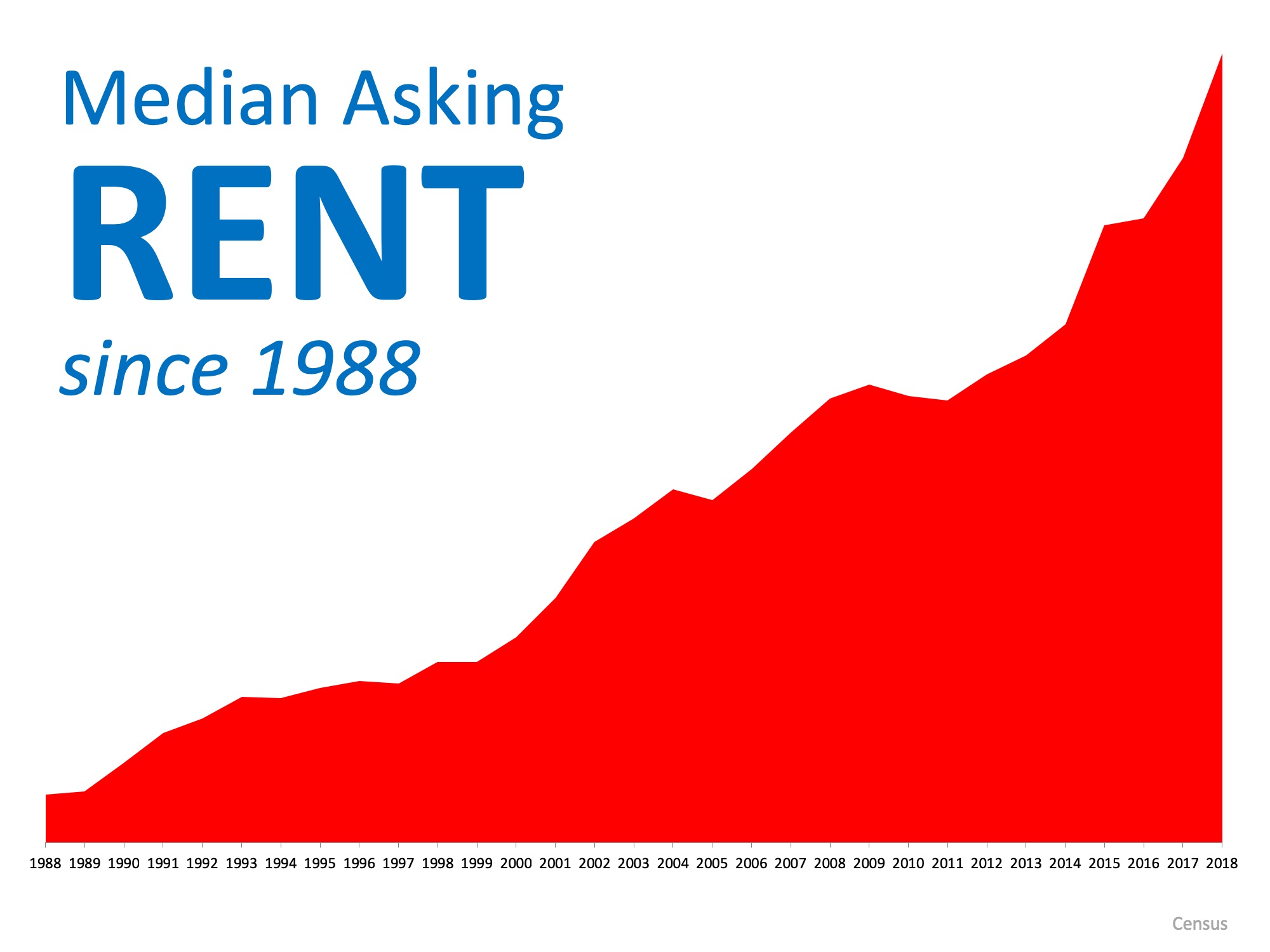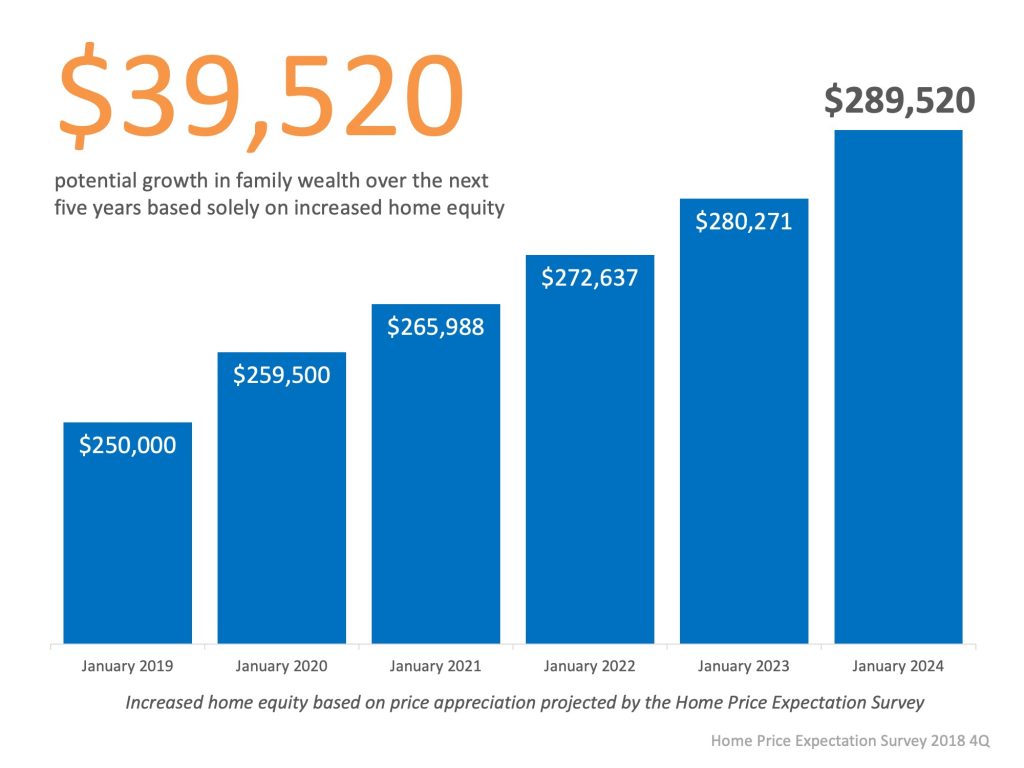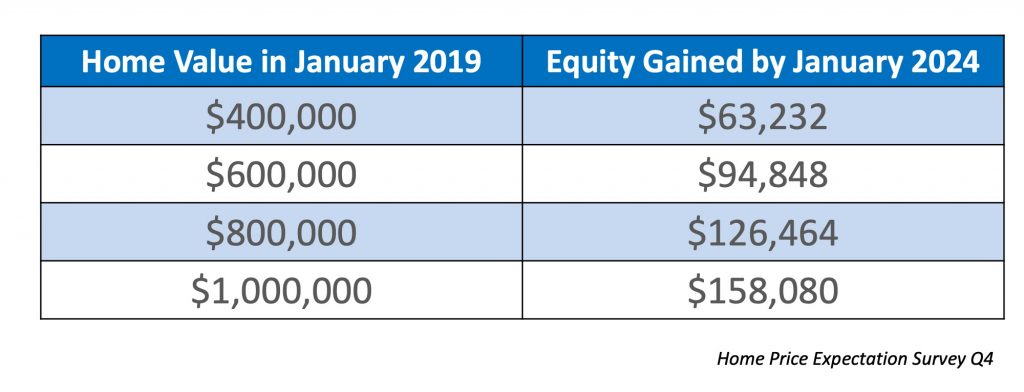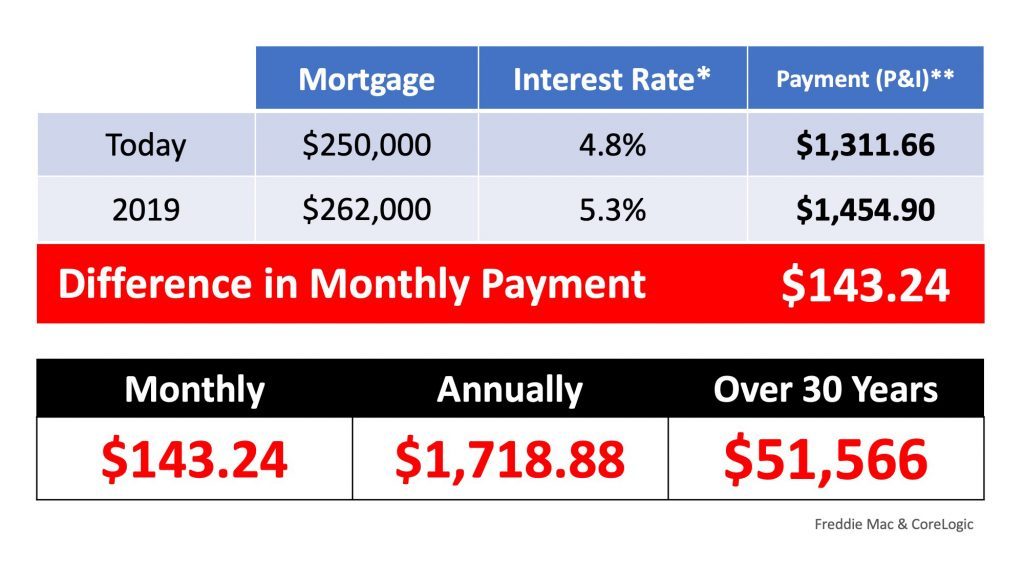How to Save Thousands of Dollars in Interest on Your Mortgage

One of the most common loans you can get to buy a home is a 30-year fixed rate mortgage. If the thought of paying for your home over the course of 30-years seems daunting, here are some easy ways to shorten that term which will actually end up saving you money over the life of your loan.
Any additional payments to the principal amount (the original sum of money borrowed in a loan), helps to cut down the amount of interest that you will pay over the life of your loan and can also help to shave years off the loan as well.
When you make ‘extra’ payments toward your loan, the key is to let your lender/bank know that you want the extra funds to go toward your principal balance as they will not automatically do this for you.
You don’t have to double your mortgage payment to make a big difference either!
If you have a 30-year mortgage on a median-priced home ($250,000) with a 5% interest rate, you’ll be responsible for a $1,342.05 monthly principal and interest payment. Over the course of the loan, if you pay your exact monthly payment, you will have paid $233,133.89 in interest alone!
Paying a Little Extra Can Pay Off Big
1. Pay an additional 1/12th of your mortgage payment every month
Benefit: In the example above, adding $111.84 to your monthly mortgage payment might not seem like a lot, but each year you will have paid one extra month’s worth of payments which will shorten the term of your loan by 4 years and 8 months, all while saving you $42,000 in interest!
2. Pay an additional $50 per month towards your mortgage
Benefit: Fifty dollars might not seem like enough to make a difference on the term of your loan, but that small amount will save you over $21,000 in interest and will take over 2 years off the end of your loan. Twenty-eight years from now, you’ll be happy to pay off your loan that much sooner!
3. Make one-time lump sum payments when you can
Benefit: If you find yourself with a little extra money after a yearly bonus, a tax return, or from investment dividends, paying that money towards the principal can cut your costs. This option, however, is less predictable than the extra monthly payments.
If you have higher interest debts, like credit cards, consider using any extra funds you have to pay those debts down before applying that money towards your mortgage. Also, if you do not plan on staying in your home for more than 10 years, paying extra toward your mortgage might not make sense.
Bottom Line
If you’re wondering what strategies would work best for you to shorten the term of your loan, let’s get together to answer your questions.


